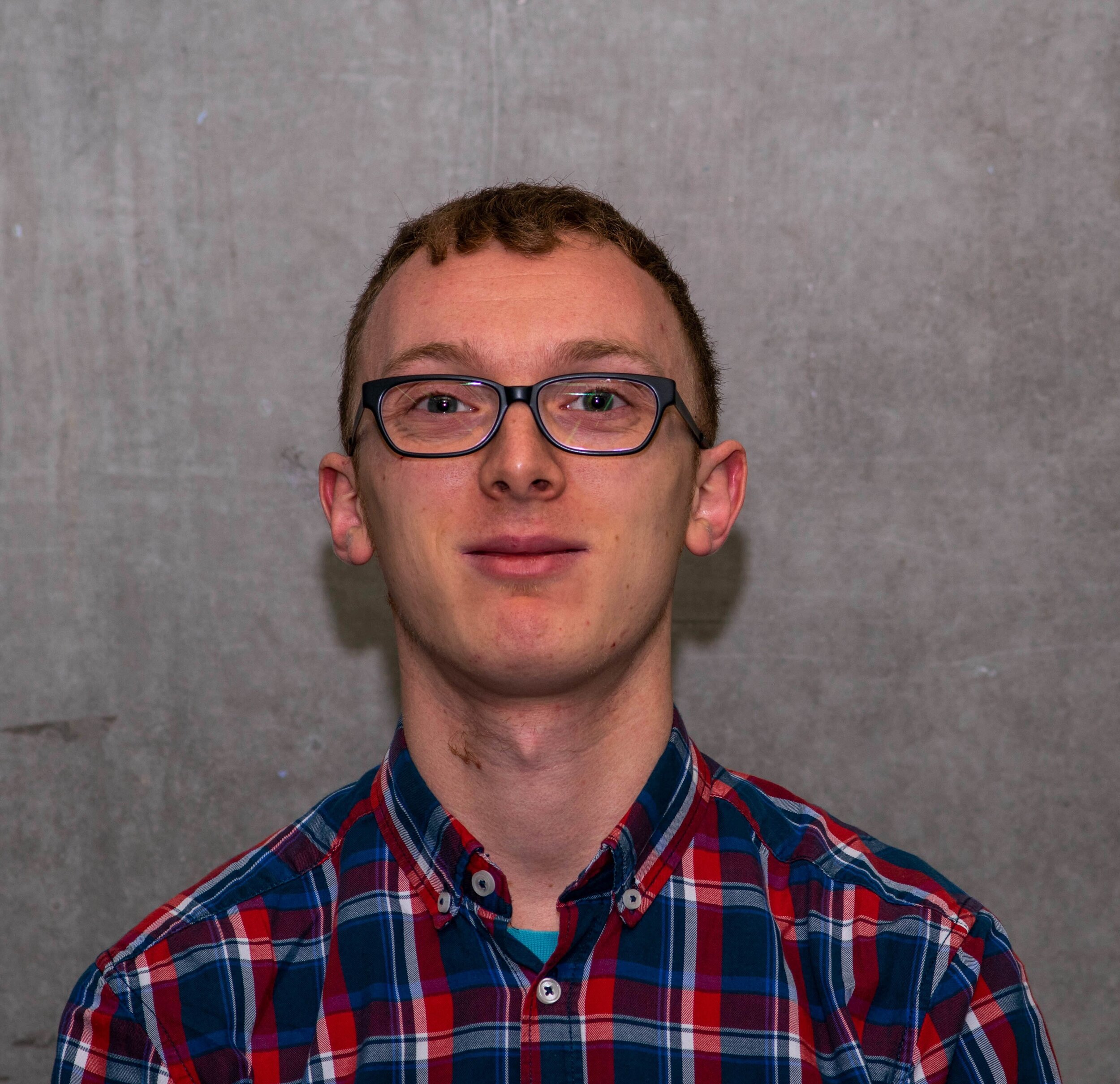Following the fires that destroyed the Moria camp on 8 and 9 September 2020, the majority of the 12,000 migrants who had been living there were displaced to the Kara Tepe Camp. At the beginning of October 2020, there were around 7,600 migrants living in this camp, 34% of which were children. In their latest newsletter, “Lesbos Bulletin: Update on the EU ‘hotspot’ Moria 2.0,” the Greek Council for Refugees (GCR) and Oxfam criticised the choice of the location of this new camp, because it is located at the edge of the sea and therefore “lack[s] a solid foundation and provide[s] no protection against the weather, including strong sea winds and rains”. Furthermore, this new camp is built “on the site of a former military shooting range, which had to be swept for unexploded landmines and grenades”.
A LACK OF ACCESS TO BASIC PROVISIONS, SERVICES, AND SUPPORT
The GCR and Oxfam also denounced the lack of access to basic provisions and services. Indeed, migrants have received only one or two meals per day. Some of these migrants have complained about the quantity and quality of the food. The lack of toilets and showers were highlighted too. On 6 October 2020, there were 349 toilets—one toilet for at least twenty persons—but none accessible to anyone with physical disabilities. Because of the lack of showers, some migrants are forced to wash themselves in the sea. This insufficient access to sanitation, as well as the lack of sufficient lighting, has exposed women to “significant heightened sexual and gender-based violence”.
In addition to this lack of access to basic provisions and services, the GCR and Oxfam observed disrupted legal and mental health services. For example, asylum seekers have been deprived “of what little access they previously had to medical, psychological and legal support”. Consequently, these NGOs expressed their wish for the Greek government to restart asylum interviews. According to the GCR and Oxfam, “under the current circumstances, procedural guarantees cannot be safeguarded, which further jeopardizes asylum seeker’s fundamental rights”. Regarding the lack of psychological support, a psychologist working for Doctors Without Borders explained that the living conditions in the Kara Tepe camp “would cause any mentally healthy person to become anxious and depressed”.
The GCR and Oxfam’s observations confirm the summary of the situation undertaken by the United Nations High Commissioner for Refugees spokesperson Shabia Mantoo on 9 October 2020. She highlighted the “critical gaps in drainage, water, sanitation, hygiene and health services” in the Moria 2.0 camp.
At the same time as opening the Kara Tepe camp, the Greek government threatened to shut down the Pikpa refugee shelter. This small camp was founded in 2012 by the local NGO Lesvos Solidarity and has hosted some of the most vulnerable migrants. The aim of this closure would be to regroup all the migrants in only one camp on the island of Lesbos. Nevertheless, this decision has been denounced by several NGOs such as Amnesty International, which has argued that the Pikpa shelter has been “the only alternative to the reality of camps”. The European Court of Human Rights requested information from the Greek government about this potential evacuation. This request came after the submission of an application by a mother living in this shelter alleging violations of article 3 of the European Convention of Human Rights, prohibiting inhuman or degrading treatments.
THE NEW EUROPEAN MIGRATION AND ASYLUM PACT
In their report, the GCR and Oxfam criticised the new Migration and Asylum Pact proposed by the European Commission on 23 September 2020. The main goal of this pact is to reconcile the needs and demands of countries where migrants arrive, such as Italy, Greece, and Malta, with the refusal of some eastern European states, such as Hungary, Poland, and Slovakia, to host asylum-seekers. This pact sets out a “new approach to migration, addresses border management and ensures more coherence to integrate the internal and external dimensions of migration policies”. For example, the decried Dublin Regulation would be replaced by a new Asylum and Migration Management Regulation. Under the Dublin Regulation, the first European Union country where a migrant arrives is generally responsible for examining their asylum application. With the new Asylum and Migration Management Regulation, “a much more effective and comprehensive governance system that ensures that solidarity is effective in practice and that the challenges of migration are addressed comprehensively” inside the European Union will be put in place. Therefore, criteria for relocation would focus on the well-being of children, family ties, and academic ties.
This new Migration and Asylum Pact is based on “a human and humane approach” expressed by Ursula Von Der Leyen, the president of the European Commission, during her State of the Union. However, the GCR and Oxfam explained that this “pact copies the same mistakes that defined the massive failures of the current EU ‘hotspot’ approach in Greece”. Indeed, some measures of this Pact will allow governments to refuse a psychosocial vulnerability assessment to asylum seekers and “to decide on fast-tracking applications behind closed doors”.
Other figures have also criticized the new Migration and Asylum Pact. For instance, Emma Kollek explained that this pact “risks shifting responsibility for hosting refugees from the geographically disadvantaged to the economically disadvantaged”. Professor Romit Bhandari highlighted that this “pact is largely characterised by the continuation of older ideas, favouring political consensus over humanitarian impulses”. This analysis was also shared by Professor François Gemenne who tweeted that this pact was a “compromise between cowardice and xenophobia”.
Quentin is writing his dissertation about the International Criminal Court and the Darfur case as part of his Master of laws at Manchester Metropolitan University. Since his volunteering experience with migrants in Calais in 2015-2016, he has been committed to defending their rights. He is also campaigning with Oxfam and Amnesty International about human rights and environmental issues.

